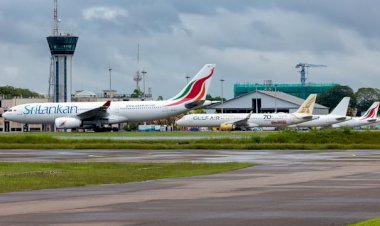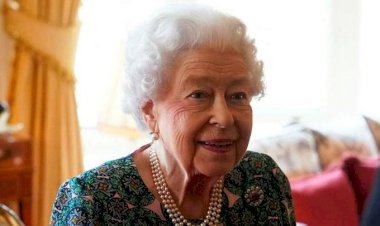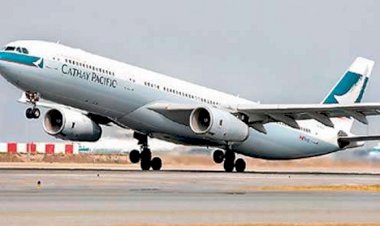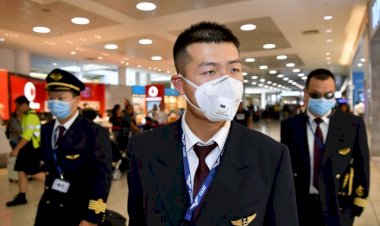China tells students to avoid studying in Australia and tourists to stay away
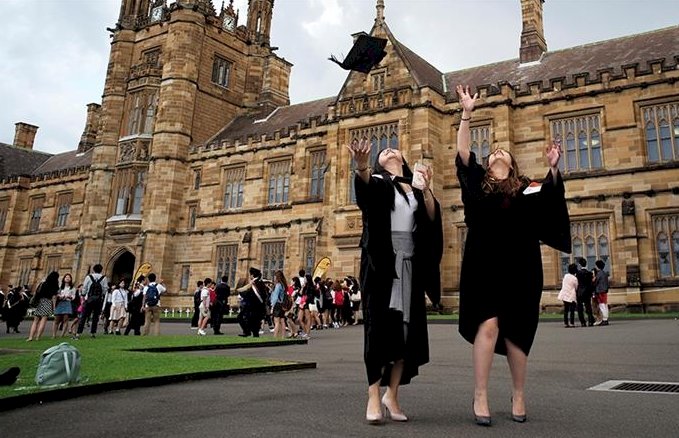
China’s education ministry has warned Chinese students to reconsider plans to study in Australia, amid escalating tensions between Beijing and Canberra. The Ministry warned that there have been multiple cases of racial incidents targeting Asians in Australia amid the coronavirus epidemic.
China is warning its students due to an increase in racist attacks as it steps up a campaign to punish Australia economically for supporting an international probe into coronavirus.
“Multiple discriminatory events against Asians happened in Australia during the epidemic outbreak,” the Ministry said in a statement published to its website today.
It urged students studying overseas to make a thorough risk assessment and to be “cautious” when choosing Australia as a destination. The warning follows the issuing of a travel warning to Australia for Chinese tourists on Friday.
Last month, the Australian Human Rights Commission (AHRC) reported that one in four people who lodged racial discrimination complaints in the past two months were targeted because of COVID-19.
The official advice issued by China’s Ministry of Education came as university campuses prepare to reopen in July although students currently in China would not be allowed to travel overseas anyway under existing restrictions. It was not as strongly worded as last week's warning for tourists to stay away but still directed students to reconsider their plans.
Australia has also criticised Beijing’s decision to force controversial national security laws on Hong Kong. China has placed tariffs on Australian barley as well as blocked imports of Australian beef, moves that Beijing has said are not related to Australia’s push for an inquiry.
Trade and Tourism Minister Simon Birmingham rejected the Chinese Ministry of Culture and Tourism’s travel alert in a statement on Friday, calling Australia “the most successful multicultural and migrant society in the world”.
“The Chinese Australian community is a significant and valued contributor to that success story,” he said.
“Millions of tourists from all corners of the world demonstrate their confidence in Australia as a safe, welcoming and amazing destination by visiting each year, often returning multiple times.
A spokeswoman for China’s minister of culture, Hua Chunying, defended the call at a press conference yesterday, accusing Australian politicians of “ignoring rampant racist abuse”.
More than one third of all international university students in Australia come from China, with universities facing a shortfall of more than $12 billion in Chinese student fees if Beijing maintains its travel ban on Australia next year.
Universities are struggling because of a series of changes, including border closures impacting their international enrolments, the Morrison government’s decision to exclude all public universities from the jobkeeper wage subsidy and the collapse of a deal with the National Tertiary Education Union to accept pay cuts in return for saving up to 12,000 jobs.
Overseas students make a significant contribution to the viability of many Australian universities. An analysis by two Melbourne University academics found that seven Australian universities, including La Trobe University, are at “high financial risk” and could face a cash crisis as a result of the downturn in revenue from international students.
The other universities on the high risk list are Monash, RMIT, University of Technology Sydney and Central Queensland, Southern Cross and Canberra universities. The report found the institutions had relatively slim cash reserves to weather a major downturn in revenue due to a falloff in international students. Some universities derive up to 36% of their revenues from international students.




 mode1
mode1 







